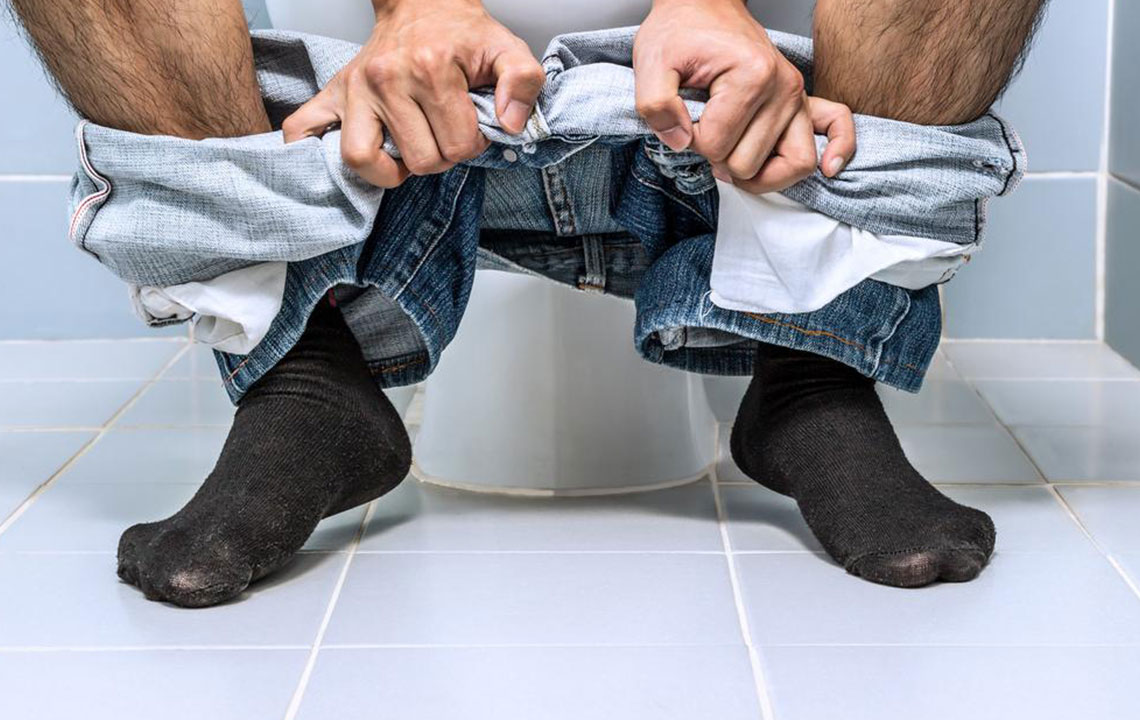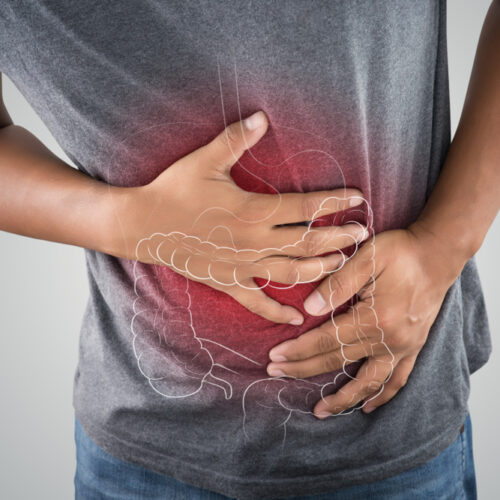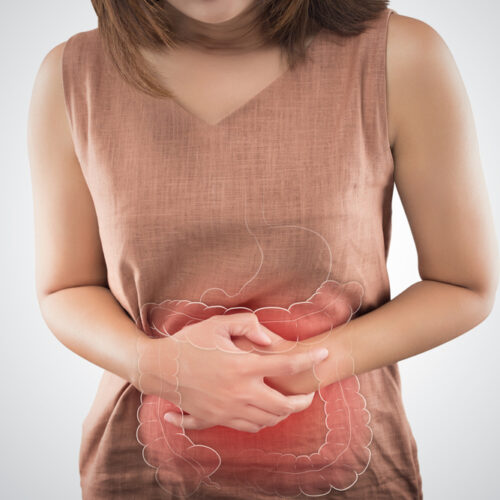Diarrhea and its types explained
Diarrhea is loose stools along with frequent bowel movements. Acute diarrhea lasts for a week or two; chronic diarrhea can last more than four weeks. There can be many different causes of diarrhea.
Causes
Chronic diarrhea causes differ from the reasons for acute diarrhea.
Acute diarrhea:
- Acute diarrhea mostly occurs due to viral infections.

In children, the main cause is rotavirus and in adults, norovirus. Traveler’s diarrhea, which is loose stools that occur due to infections during traveling to some developing nations, commonly occurs due to bacteria.
Chronic diarrhea:
- The most common chronic diarrhea cause is inflammatory bowel disease (IBD), which is an umbrella term for inflammation in the digestive tract. Two common IBDs are Crohn’s disease and ulcerative colitis.
- Chronic diarrhea can also occur due to colon cancer, infections, and radiation therapy.
- Chronic diarrhea caused due to incorrect absorption of fat is small bowel disease and low levels of pancreatic enzymes.
- Small bowel disease can occur due to celiac sprue. This is a condition in which the small intestines cannot digest gluten (a protein in wheat and other grains) and becomes inflamed. Any gluten intolerance can also inflame the small intestine and cause diarrhea.
- Low enzyme levels in the pancreas can occur because of alcohol damage, pancreatic cancer, hereditary pancreatitis and cystic fibrosis. In essence, any pancreatic trauma or injury can lead to low enzyme levels and cause chronic diarrhea.
- Other chronic diarrhea causes are lactose intolerance, certain medication use and parasitic infections in the gut.
Symptoms
Symptoms of diarrhea are:
- Nausea
- Fever
- Dehydration
- Abdominal cramps
- Fatigue
Chronic diarrhea can also cause:
- Malnutrition
- Weight loss
- Abdominal pain
Treatment
Diarrhea treatment can vary depending on the cause.
- Most cases of acute diarrhea resolve without requiring any treatment. For severe symptoms, a prescription of antibiotics is the usual course. Eating foods like bananas and white rice may help.
- For chronic diarrhea, the treatment of the corresponding IBD or other bowel diseases is required.
It is best to consult a doctor for the treatment of chronic diarrhea and severe cases acute diarrhea.
Disclaimer:
The content of the articles discussing symptoms, treatments, health conditions, and side effects is solely intended for informational purposes. It is imperative that readers do not interpret the information provided on the website as professional advice. Readers are requested to use their discretion and refrain from treating the suggestions or opinions provided by the writers and editors as medical advice. It is important to seek the help of licensed and expert healthcare professionals when necessary.











